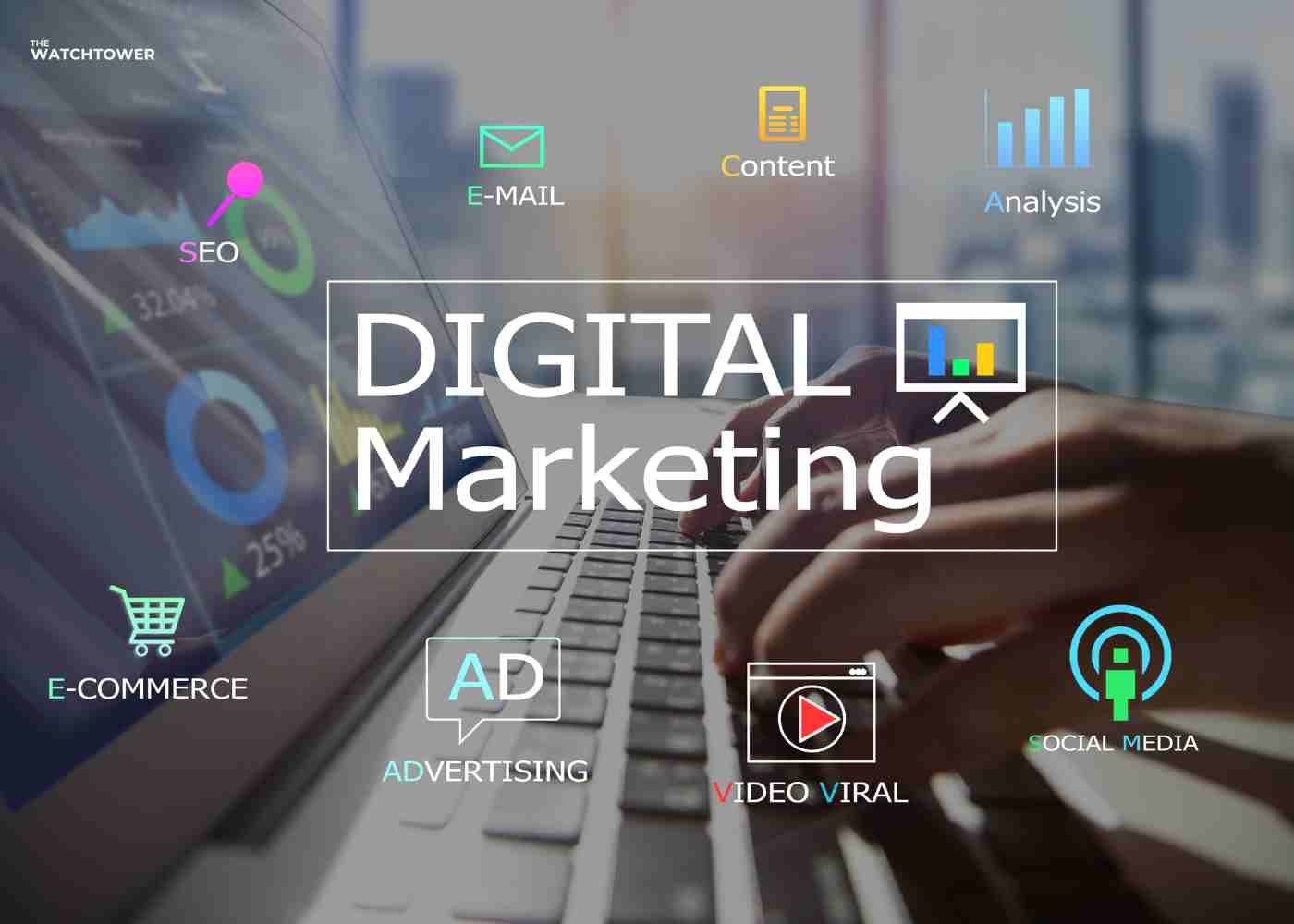
The creation of virtual content has grown in importance across the global economic ecosystem. The phrase "creator economy" refers to the diverse group of people who have discovered a means to make a living off of producing content in this online environment.

What Exactly Is a Creator Economy?
The vast majority of online business owners, whose primary commodity is themselves and their unique talents, are referred to as part of the "creative economy."
People can directly connect with an audience through the creation of online content, and they can earn money from their own subscription fees or from revenue-sharing deals with hosting platforms. People who operate in the creative economy may also be able to make money through brand agreements, corporate partnerships, and sponsorships.
The creative economy has expanded its scope to embrace anything from influencer marketing to online courses, especially among millennials and members of Generation Z. You can take part in and benefit from the creative economy, whether you're a dancer who wants to record and share your most recent routine or a writer who wants to send out a fresh article to subscribers.
Three Benefits of a Creator Economy
Living in the twenty-first century now entails participating in the creator economy. Here are only three of the main advantages of doing so:
1. A greater sense of life satisfaction: It might be simpler to claim that you actually enjoy what you do if you can make a living in the creator economy. You may increase your own income, pursue your aspirations, and inspire the upcoming generation of content creators by growing your revenue sources and viewership.
People who work in the creator economy frequently feel more creatively in charge of their work than those who work for more traditional media sources. You can work on your own passion projects in real time at your own pace rather than contributing to someone else's attempt.
3. Low entry barriers: Anyone can livestream themselves or post to a social media network, making it simple to get started in the creator economy. This low entrance barrier might, however, have a negative side because it increases both access and competitiveness.

The Creator Economy's 3 Drawbacks
Like everything else, the creative economy has certain negative features. Think about these drawbacks to pursuing a career in content creation:
1. Having trouble standing out from the crowd: While it's simple to join the creative economy, doing so on a full-time basis can be challenging. A fresh creative must contend with millions of other people who share similar goals while also learning how to stand out from the platforms' occasionally complex algorithms.
2. Heavy workload: Building a sizable internet audience demands a lot of attention and offers few quick gains. Even those who put in the most effort might not see their content become viral; there is a certain amount of luck inherent to the creative economy. Regardless, putting in enough time and effort boosts your chances of breaking through to the next level of achievement.
3. Platform Dependency: You must depend on the functionality of online platforms and adhere to their policies in order to use them for content creation. The requirements for content creators vary among platforms (and creator funds, for that matter), with some granting greater creative latitude than others. You may always work with your pals to create a larger startup of your own to potentially get around this.
Advice on Engaging in the Creative Economy
Even though taking part in the creative economy can be challenging at times, it can also be gratifying and satisfying. When attempting to establish yourself as a content provider, bear in mind these four suggestions:
1. Find your niche first. Having a strong niche increases your chances of succeeding in the creative economy. There are more than 50 million competing creators. Selecting a specialty that is really narrow will reduce competition and make you stand out.
By uploading films of their production processes, for instance, several producers have grown their fan bases. Josie Lewis is a painter who has amassed a sizable following online by demonstrating her distinctive "chunky paint" method.
You'll have a higher chance of gaining followers if you concentrate on a subject that is less crowded.
It also helps if you are able to create a lot of high-quality material because of your prior experience, knowledge, or interest in a particular topic.
Try to find a specialty that suits you or your interests so you can connect with a unique fan base to raise your personal value as a content developer. Find topics or pursuits you enjoy that have some kind of appeal, and then add a distinctive spin to them to make yourself stand out.

2. Be a part of a group. The creator economy depends heavily on collaboration. By forming connections with like-minded individuals, you can all rise together because one person's success can often serve as the foundation for another's. To increase their chances of succeeding and becoming more well-known, bloggers can link to each other's blogs, video producers can appear in each other's work, and other types of visionaries can collaborate.
3. Earn money in many ways. It's time to start making money from your audience once you've established one. There are numerous techniques you might employ to achieve this. The kind of content you produce, your platforms, and your desired approach may have an impact on these techniques.
One of the most popular methods of monetization, particularly for video content, is paid advertising. You can locate a business that caters to an audience comparable to your own and share their advertisements alongside your own.
Additionally, a lot of platforms, like YouTube, make it simple to monetize your videos by handling the majority of the ad process and allowing you to integrate ads.
But as we just said, there is a price for this.
Affiliate marketing is a more active technique to monetize an audience, similar to advertising. Instead of including passive advertising with your content, you can directly advertise goods or services to make money.
However, it's preferable to highlight affiliate goods that correspond to the interests of your audience.
To make a living as a content creator, much like individuals who work in the gig economy, it may be important to look for different forms of monetization. You could choose to sell merchandise through your own e-commerce website, partner with brands to increase ad revenue, offer your fans exclusive content in exchange for a small subscription fee, or capitalize on the crypto currency and NFT (non-fungible token) boom by developing your own virtual goods.
4. Decide on the best platform. After evaluating your own skills and interests, choose the ideal venue for showcasing them. For instance, in order to distribute their content, podcast producers and broadcasters of video games will likely need to use various programs or websites.

Creators are the new entrepreneurs.
Now more than ever, becoming a professionalized creative is one of the most sought-after careers. People who love to create tend to become creators. The difficulty of running their business on a daily basis increases as their audience and revenue streams increase. Startups that are focused on giving creators the freedom to effortlessly monetize while continuing to do what they already love—creating content—will rule the next phase of this evolution.
Today's creatives must go from being artists to being founders. In addition to being an entertainer, the position now includes product management, design, community involvement, e-commerce, and data science. To handle the tools and establish a platform-diversified firm, you must assemble a team of specialists and vendors.
But resilience also comes along with that diversification. By controlling the direct interaction with their audience, creators become less susceptible to changes in the priorities of the internet giants or their algorithms. No matter how specialized, any artist can put together a unique balance of income sources to suit their aesthetic.
Everyone benefits greatly from this since creators who cater to each of our niche interests can establish a successful profession. We receive content tailored to every subculture under the sun, rather than just generic, lowest common denominator primetime sitcoms. Finally, there are enough creators to support an entire ecosystem of businesses that enables people to turn their passion into a career.
Whether you are an individual who is at a decision crossroads or a company looking to come up with the best ideas possible for the growth of your client’s business, one thing is certain: understanding the value of content creation and its creator will play a significant part in determining how far you and your business will go in a creator economy.




















Comments (0)
Write a Comment